History’s greatest thinkers shared a quality that media strategist Ryan Holiday calls “stillness.” This sense of calm equanimity lets you focus on what matters in each moment. Holiday describes how to cultivate stillness in mind, body and soul, drawing on a wide range of teachings and illustrating his concepts with tales of Abraham Lincoln, Tiger Woods and Winston Churchill. He offers a concise, entertaining survey of thousands of years of thought on imbuing everyday life with meaning, joy and sacredness.
Most philosophical traditions of the ancient world exalted “stillness.”
Buddhists called it upekkha. To Muslims, it was aslama. The Greek Stoic philosophers spoke of apatheia, and the epic verse Bhagavad Gita praised this attitude as samatvam. The English rendering is “stillness.”
Stillness is the ability to find equanimity amid the turbulence of life. If you can cultivate imperturbable inner calm, you can devote full focus to your activities rather than allowing your attention to fracture – with one bit expressing irritation with street noise, another brooding over money problems, and so on.
Stillness is the power that a skilled athlete draws on to make the perfect move. It is the birthplace of inspiration and sudden insights, and the awareness with which you appreciate the moments that make up a full life.
Stillness is not an esoteric state that only a select few can attain. You have experienced moments of stillness, and it’s present in everyone. Cultivating stillness is difficult, particularly in the hyper-connected modern world. ...




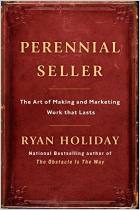
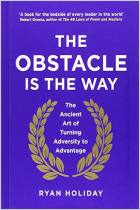
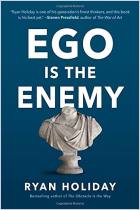
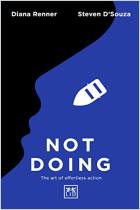
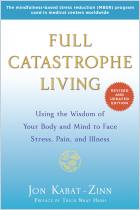
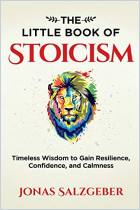
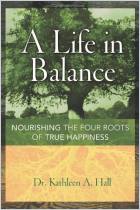
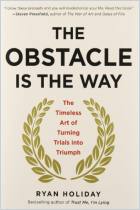
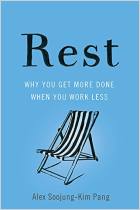

Comment on this summary